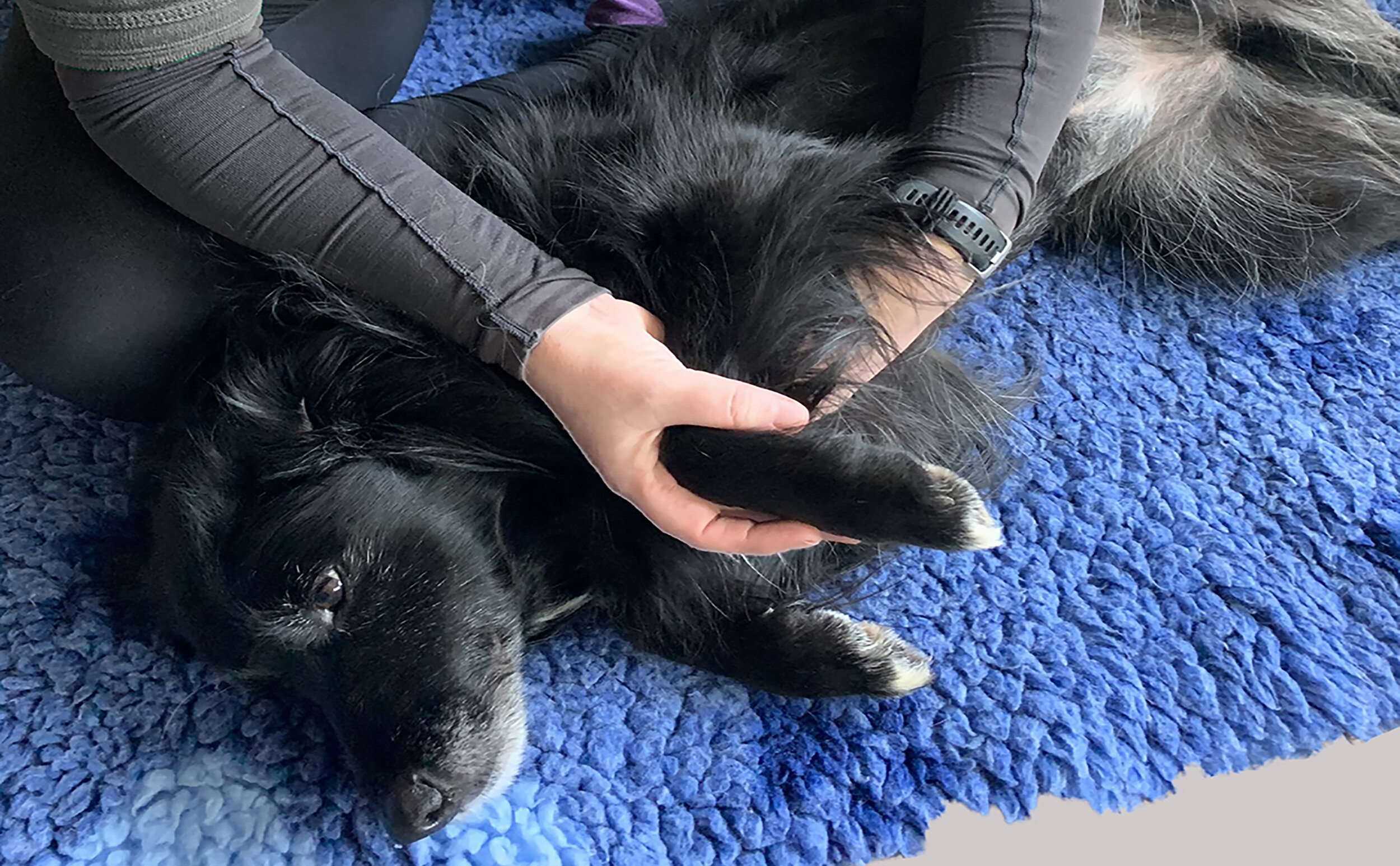
Muscular / soft tissue issues
+ Muscle Strain
Muscle strain, commonly referred to as a 'pulled muscle', is an injury to the muscle and/or tendon incurred by twisting, overstretching or overloading the muscle.
The body repairs the damage by laying down scar tissue. Scar tissue is tougher and less flexible than the original muscle fibres and so the result can be a lumpy repair. The scar tissue pulls the muscle together tightly and this can result in a shortening of the fibres which in turn can cause loss of flexibility and strength leaving the muscle susceptible to re-strain.
+ Muscle Splinting
Muscle splinting is a chronic muscular disorder and can often be seen following injury such as broken bones, sprains or chronic stress and can also magnify the symptoms of arthritis. It is the body's attempt to protect the injured area by inducing the nearest unaffected muscles to work harder. Very quickly the muscle fibres become shortened, stiff and susceptible to trigger points and tightening of the fascia. Ultimately the strength and flexibility of the muscle is reduced.
+ Myofascial Pain
Fascia is the connective tissue which is becoming widely regarded as the second nervous system. It interconnects with every muscle, bone, tendon and organ in the body. Fascia allows the structures to slide and glide over and with each other. Healthy fascia is relaxed, soft and moves and stretches easily.
Myofascial pain in dogs can be caused by osteoarthrtis, strain, repetitive movements, trigger points, impact or trauma, old age, dehydration and every day activities such as jumping on and off the sofa or climbing/descending stairs.
Your dog may have myofascial pain if they have 'twitchy' or tight skin, coat changes, are reluctant to be petted, excessive rolling on to their backs or are nervous and anxious.
+ Trigger Points
A trigger point is a hyper-irritable band of tension within a muscle. Often referred to as a 'knot', they can feel much like a bruise when depressed. Trigger points can be painful and can also cause referred pain around the body. They are caused by repetitive activities, overworked muscles, injury, orthopaedic issues and sudden excessive stretching.
Trigger points can be debilitating causing pain, irritation, restricted ranage of motion and nerve irritation.
How Massage can help with muscular or soft tissue issues
Relieve anxiety and stress levels
Reduce lameness or limping
Improve range of motion
Improve wellbeing and relaxation which may reduce perception of pain
Improve rest and sleep
Decrease hypertonicity (tight muscle)
Reduce and improve myofascial pain
Reduce myalgia (muscle soreness)
Reduce Oedema
Increase the flow of blood and lymph and removal of toxins
Improve flexibility and elasticity
Reduce inflammation
“Claire has been wonderful for Tilly. She is kind, calm, and professional and works some kind of magic in getting Tilly to relax for an hour. The treatments have helped with recovery from her latest operation and also the general aches and pains that come with being an older dog. It makes me so happy to see Tilly enjoying Claire's attention and the therapeutic benefits that come from massage.”
— Jenny
